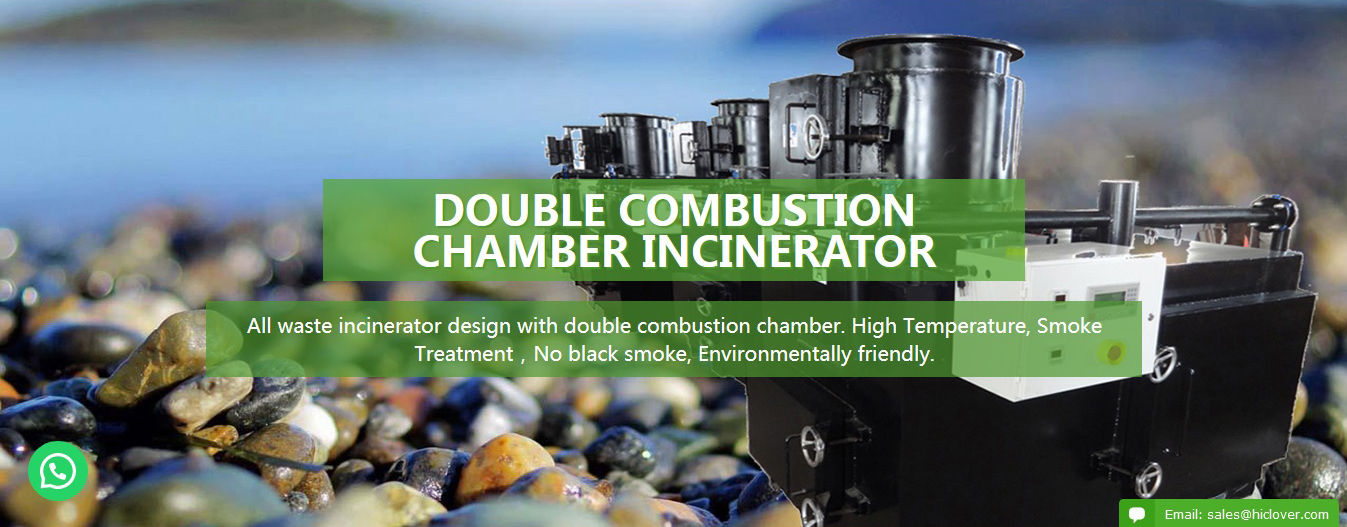Incineration has long been a controversial method of waste disposal, with proponents touting its efficiency and opponents raising concerns about its environmental and health impacts. Incineration is the process of burning waste materials at high temperatures to reduce their volume and mass. This method has been used for decades as a means of managing and disposing of solid waste, particularly in urban areas where land for landfill sites is scarce.
Proponents of incineration argue that it offers a number of benefits. The process can significantly reduce the volume of waste, thereby extending the lifespan of landfills and reducing the need for new ones. It also reduces the release of methane, a potent greenhouse gas, which is produced by decomposing organic matter in landfills. Additionally, incineration can generate energy in the form of electricity and heat, which can be used to power homes, businesses, and other facilities.
However, opponents of incineration raise several valid concerns. One of the most pressing issues is the potential release of harmful pollutants into the air, including dioxins, furans, heavy metals, and other toxic substances. These pollutants can pose serious health risks to nearby communities, including respiratory problems, cancer, and other illnesses. Additionally, incineration produces ash, which may contain hazardous materials and require special disposal.
There are also concerns about the impact of incineration on recycling efforts. Some argue that the use of incineration may discourage recycling, as it provides a seemingly easy and convenient disposal solution for waste. This can undermine efforts to reduce, reuse, and recycle materials, which are seen as more sustainable alternatives to traditional waste management methods.
Despite these concerns, incineration continues to be an important waste disposal method in many parts of the world. In some countries, strict regulations and advanced technologies have been implemented to minimize the environmental and health impacts of incineration. For example, modern incinerators are equipped with advanced air pollution control systems to capture and neutralize harmful emissions. They are also designed to recover energy from the burning process, reducing the reliance on fossil fuels.
However, even with these advancements, the controversy surrounding incineration persists. The decision to implement incineration as a waste management method is a complex and contentious issue that requires careful consideration of the potential benefits and risks. In the face of the growing global waste crisis, finding a balance between the need for efficient waste management and the protection of human health and the environment is crucial.
Ultimately, the debate over incineration highlights the need for a comprehensive approach to waste management that considers all available options, including recycling, composting, and waste reduction. By embracing a diverse range of waste management strategies and emphasizing sustainability, communities can work towards minimizing the environmental and health impacts of waste disposal while meeting the growing demands of waste management in a rapidly urbanizing world.



